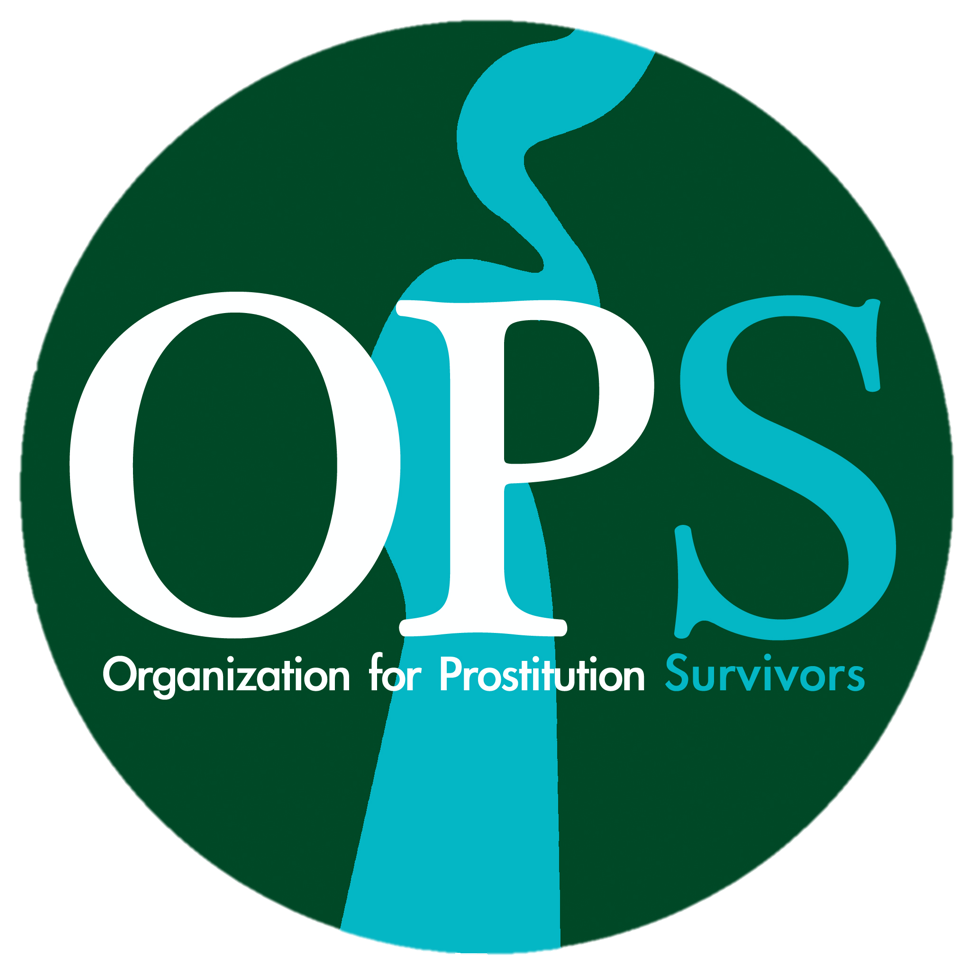Embracing the Complexity: Defying the Myth of the "Perfect Victim" in Trafficking
Breaking Free from Stereotypes to Better Support Survivors
In society's perception, survivors of trafficking are often portrayed as passive, powerless individuals. This notion of a "perfect victim" fails to capture the diverse realities and experiences of survivors. To effectively support those in need, it's crucial to challenge this limiting stereotype and acknowledge that there is no such thing as a "perfect victim or survivor." By doing so, we open the door to providing comprehensive care, understanding, and empowerment.
The Familiar Narrative - Rescuing the Damsel in Distress
Mainstream narratives tend to depict trafficking survivors as forcibly taken and later rescued, perpetuating the image of a "perfect victim." However, this oversimplified narrative overlooks the complexities survivors face in their journey towards healing. Categorizing and labeling can help us make sense of the world, but it can also dehumanize survivors. It's essential to recognize that every survivor is a unique person with their own distinctive experiences and strengths.
The Reality - Imperfect Journeys of Survivors
The path to freedom and healing for survivors is far from perfect. It's an intricate journey filled with challenges, mistakes, and unpredictable obstacles. Escaping from a trafficker requires immense courage, as survivors face the danger of retaliation and must navigate through the trauma bonds that have been ingrained by their captors. Additionally, survivors often have limited resources and struggle to meet their basic needs as they begin to rebuild their lives.
Basic Needs and Struggles
When survivors break free, they often leave with nothing but the clothes on their backs. Safe housing, food, and clothing become immediate and urgent needs as they embark on their healing journey. The manipulation and control exerted by traffickers complicate the experiences and relationships of survivors, further adding to their struggles. Rebuilding self-worth, learning to set boundaries, asserting rights, rewriting one's narrative, and self-advocacy become essential steps towards reclaiming agency and empowering survivors.
Empathy for All Survivors
To end sex trafficking, we must relinquish the belief that only "perfect victims" deserve assistance. It is paramount that we move away from the concept of a "perfect survivor" and instead approach all survivors with empathy, understanding, and unwavering support. Recognizing the strength and resilience within each survivor, regardless of societal expectations, allows us to honor their individuality and diverse experiences.
Banding Together - Our Survivor Support Group
At the Organization for Prostitution Survivors (OPS), we invite survivors who may be struggling with the confines of this narrative to join our Survivor Support Group. Held every Thursday from 3:30-5pm at OPS, this group fosters a safe space where survivors can connect with others who understand their journey and find helpful insights. Together, we amplify our voices, redefine our narratives, and empower fellow survivors as they embark on their healing and reclaim their power.
Empathy, understanding, and community support form the bedrock of our mission to end sex trafficking. By abandoning the idea of a "perfect victim" and embracing the complexity of each survivor's experience, we can create a world where all survivors are seen, heard, and empowered to forge their path towards healing and resilience. Join us in rewriting the narrative and paving the way for change.



